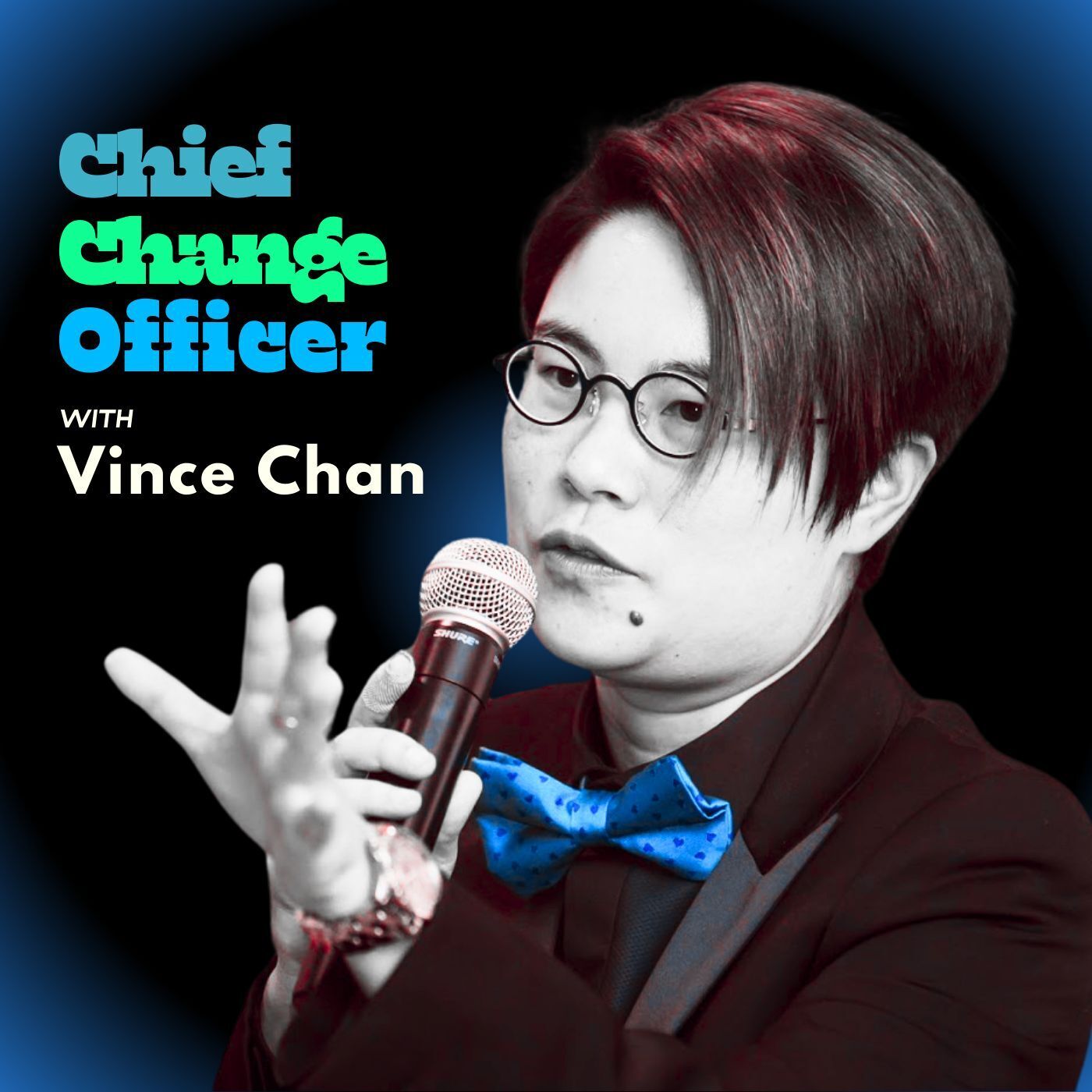#426 Waverly Deutsch: Love and Logic—Building Businesses That Actually Work—Part Two
Waverly Deutsch doesn’t just coach entrepreneurs—she translates English to English, reframes stories with strategy, and helps even the most logic-trained professionals tap into their conviction. In this three-part series, we walk through her unusual path from consulting to Chicago Booth to founding WyseHeart, her pitch strategy firm.
Each episode reveals a new dimension of her journey: the personal (Part 1), the academic and instructional (Part 2), and the entrepreneurial, including her bold take on how to co-exist with AI (Part 3). Across every chapter, Waverly models what it means to coach with both love and logic—bringing clear frameworks to messy human dreams.
Key Highlights of Our Interview:
From Book Smarts to Business Savvy
“Entrepreneurship is a process—whether you’re 20 or 50.”
At Booth, Waverly coached a wildly diverse mix: undergrads with unchecked imagination, MBAs with ideas but risk aversion, and execs who played it too safe. Her role? Adjusting the dials between wild dreams and grounded strategy—always pushing people to think just a little bigger (or a little sharper).
Love for the Logical Skeptics
“If you, the entrepreneur, don’t believe you’re building a $50M company, why should the investor?”
Her job wasn’t to sugarcoat—it was to stretch minds. She shares how she helped overly rational MBAs move from “safe” ideas to bold, fundable visions—and overly optimistic young founders get real about execution. Her coaching mantra? Meet them where they are—and nudge from there.
The Muffin That Grew a Billion Dollars
“This could be the Betty Crocker of the 21st century.”
A standout case: Simple Mills founder Caitlin Smith. What began as a gluten-free side hustle turned into a billion-dollar brand—thanks in part to Waverly’s nudge to imagine bigger. It’s a masterclass in how one coach reframed a story and sparked a scale-worthy vision.
Coaching in the Wild
“I’m an English-to-English translator.”
Post-Booth, Waverly now works with a broader crowd: from seasoned pros to small business owners without MBAs. Her key lesson? Listen deeply, strip away jargon, and tailor advice to meet people where they are—because real coaching starts with trust, not templates.
Can AI Be Your Coach? Nope.
“If marriage is ‘til death do us part, investment is ‘til exit do us part.”
Waverly doesn’t see AI as competition—yet. A pitch deck might be AI-generated, but building investor trust, interpreting nuance, and navigating founder doubt? That’s strictly human territory. Coaching is about relationships, not just logic—and for that, love still wins.
_______________________________
Connect with us:
Host: Vince Chan | Guest: Waverly Deutsch
--Chief Change Officer--
Change Ambitiously. Outgrow Yourself.
Open a World of Expansive Human Intelligence
for Transformation Gurus, Black Sheep,
Unsung Visionaries & Bold Hearts.
EdTech Leadership Awards 2025 Finalist.
20 Million+ All-Time Downloads.
80+ Countries Reached Daily.
Global Top 1% Podcast.
Top 5 US Business.
Top 1 US Careers.
>>>200,000+ are outgrowing. Act Today.<<<
See Privacy Policy at https://art19.com/privacy and California Privacy Notice at https://art19.com/privacy#do-not-sell-my-info.
Press play and read along
Transcript
Transcript is processing—check back soon.





